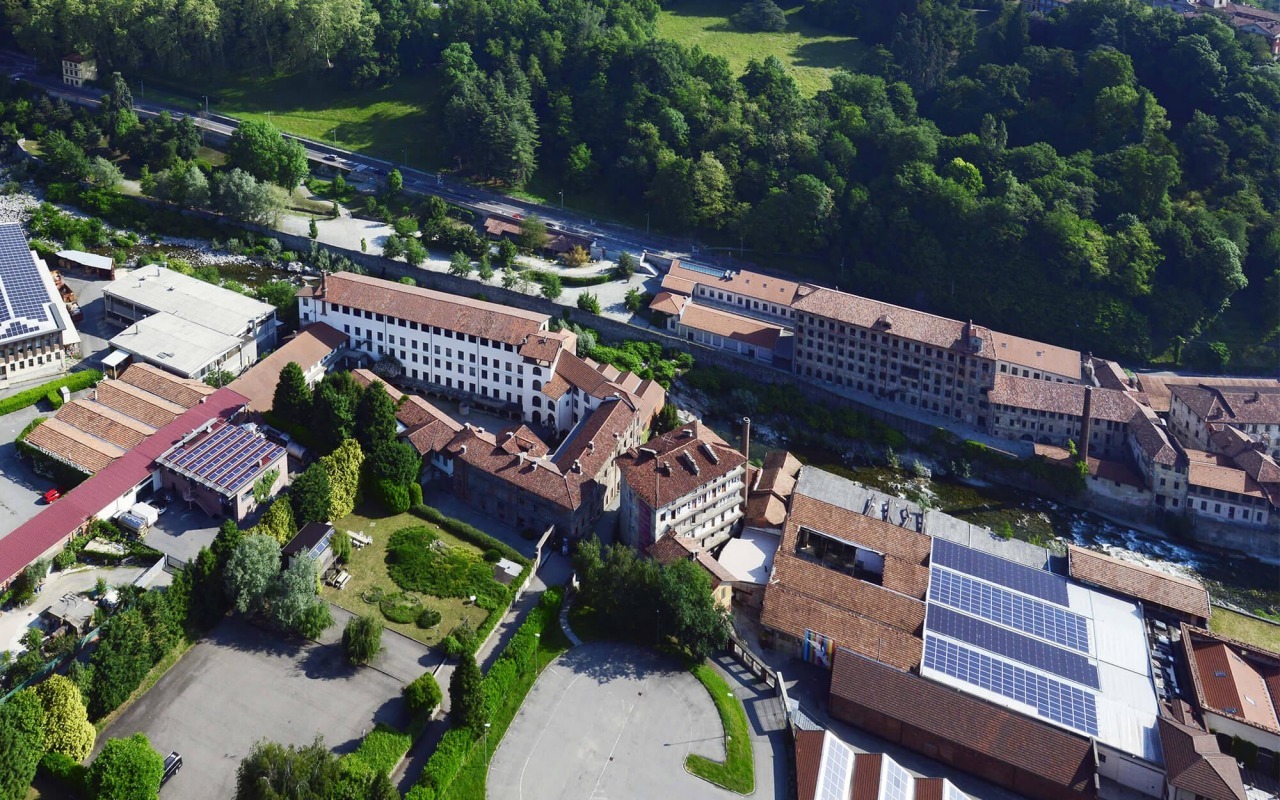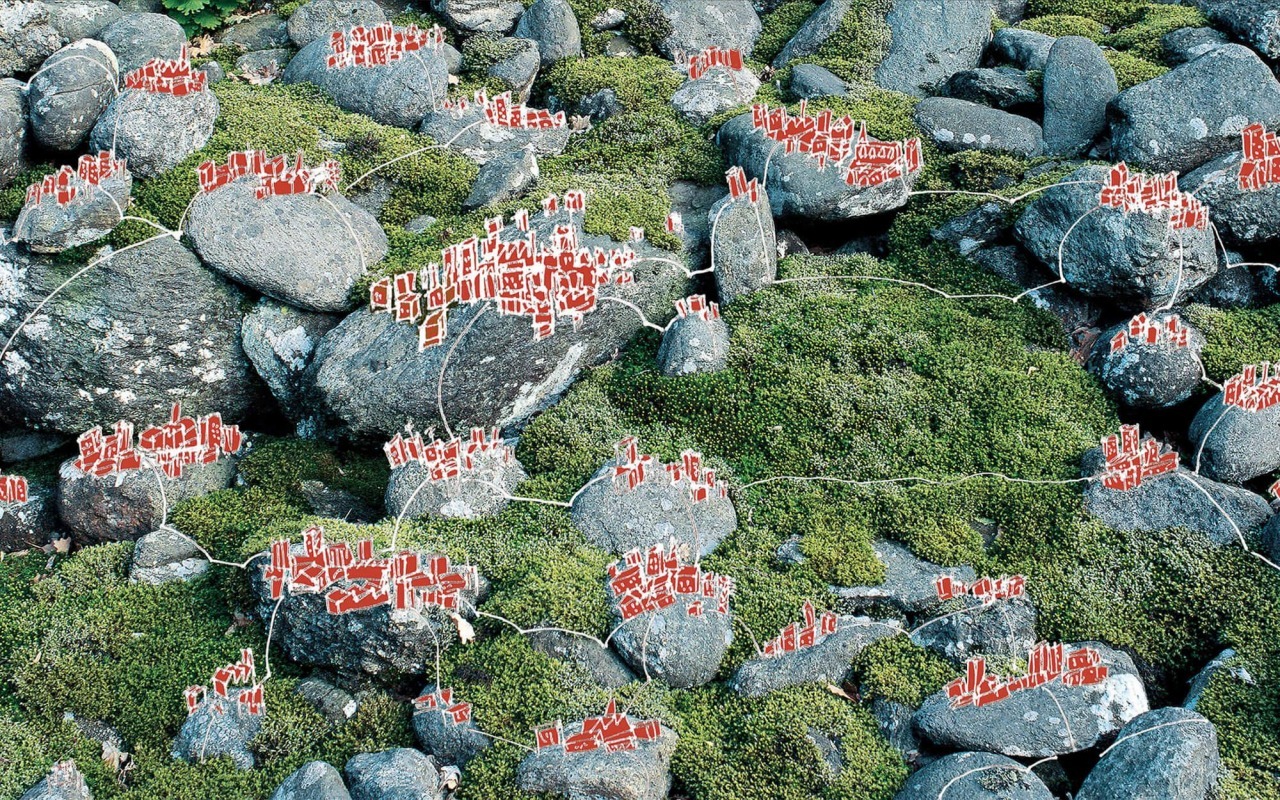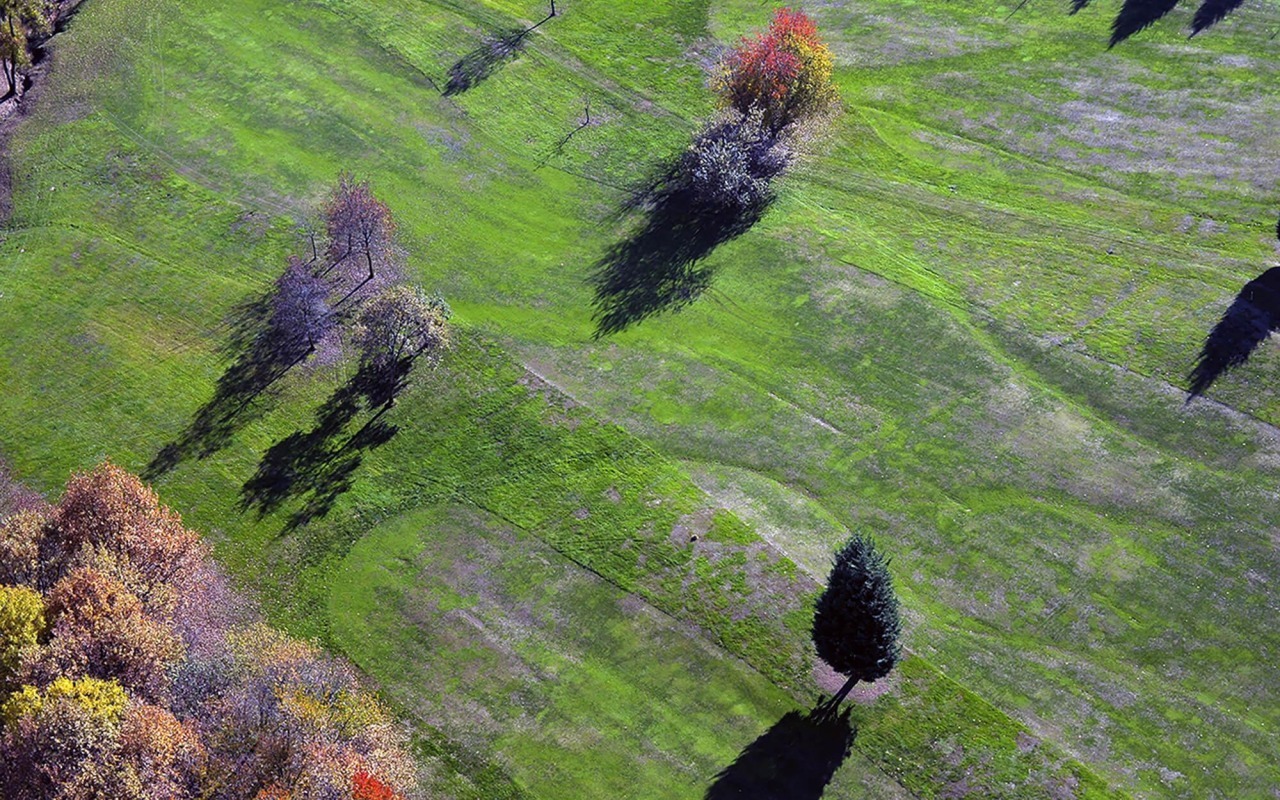
Unlike what happened in the Biella area, in the rest of the world industrialisation took urbanisation to the extreme, depopulating the countryside. People who were once farmers were canned in industrial metropolises just as the food industry canned agricultural products from the countryside to feed the inhabitants of the cities themselves in an increasingly artificial manner. Cans that today are concrete dormitories in which tons of packaging and waste degrade the landscape.
The pandemic has shown how the overpopulation of the metropolitan concentration is a factor aggravating the risks of survival, as well as, and this is already evident, worsening the quality of individual and social life. Many of those who experienced the pandemic outside the city are now considering moving to the countryside, also thanks to digital technologies for communication and commercial use. Today, it is possible to carry out a territorial development project that, inspired by the historical characteristics of the Biella area, declines the relationship between urban and rural in ways capable of generating sustainable prosperity.

